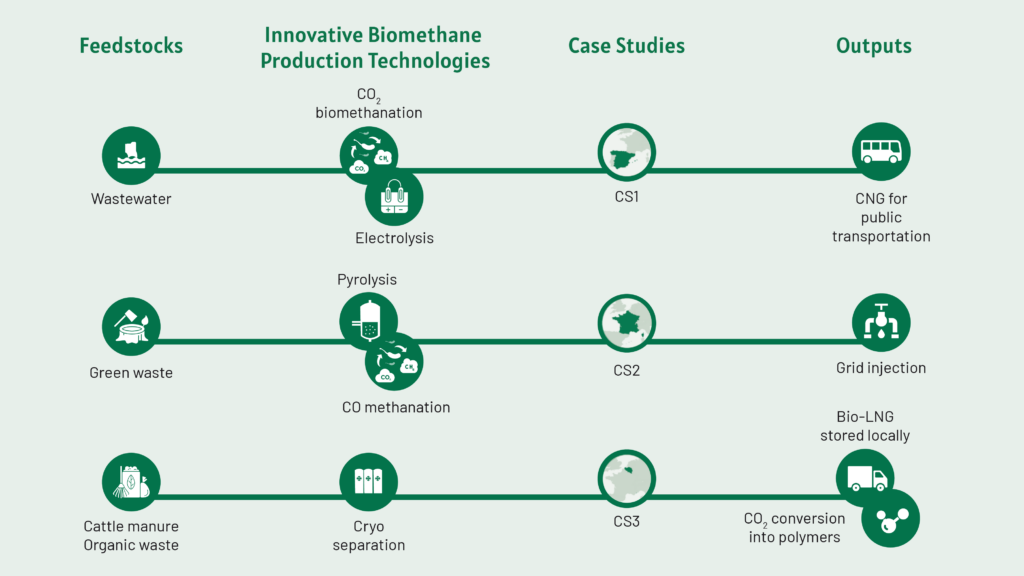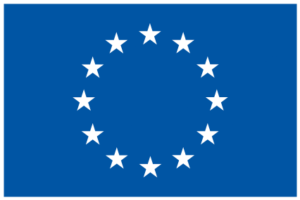Making biomethane production efficient
Our goal is to position biomethane as a substitute for fossil fuels
SEMPRE-BIO in numbers
Boosting biomethane production
To comply with the European Green Deal
We will demonstrate novel and cost-effective biomethane technologies production, deemed essential to achieve the Europe’s security of energy supply, the European Green Deal and climate and energy targets for 2030 and 2050.
More specifically, our work is focused on:
Biomethanation production optimization.
Upgrading of economies of scale in biogas.
Modularization and containerization of solutions.
Taking advantage of excess capacity of already-built infrastructure.
Facilitate local circular projects.
New revenue streams and valorisation.
Demonstration at nearly industrial scale of novel conversion technologies biomass.
From models to reality
We will test our technologies in three European scenarios

A foolproof strategy to a major challenge
Our approach is divided into 7 work packages
Creation of the three European Biomethane Innovation Ecosystems. Baix Llobregat (CO2 biomethanation and H2 production via PEM water electrolysis), Bourges (Woody biomass pyrolysis and syngas CO methanation) and Adinkerke (Cryogenic biogas upgrading).
Portfolio of biomethane production technologies for Greenfield Scenarios.
Integration of a biomethane upgrading technology in downscaling and retrofitting scenarios.
Validation and demonstration of the advanced technologies for efficient valorisation of CO2 from biomethane streams.
Techno-economic assessment and market uptake.
Dissemination, communication and exploitation.
Project management.
Milestones
We expect to meet four specific mid-term outcomes
As long-term impacts will enable more efficient energy supply since biomethane is a substitute of imported liquid natural gas (LNG) and of transport fuels. This will involve a cleaner, more sustainable, and more secure energy supply.
Increase cost-effectiveness of the conversion in biomethane production.
Diversify the conversion technology basis for biomethane product.
Contribute to market up-take of biomethane related technologies in the gas market.
Contribute to the demonstration at nearly industrial-scale novel conversion technologies to produce biomethane from wastewater and woody biomass.
Sibling Projects
Unlocking the potential of european biomethane production

BIOMETHAVERSE (Demonstrating and Connecting Production Innovations in the Biomethane Universe) aims to diversify the technology basis for biomethane production in Europe, increase its cost-effectiveness, and contribute to the uptake of biomethane technologies. To this aim, five innovative biomethane production pathways will be demonstrated in five European countries: France, Greece, Italy, Sweden and Ukraine. All demonstrated production routes go beyond conventional technologies, with a circular approach for the use of energy and materials, while aiming at reducing the overall biomethane production costs and increasing biomethane output.
Gathering 18 partners from 8 countries, METHAREN aims to demonstrate a cost-effective, innovative, more sustainable and circular biomethane production system enabling renewable energy sources (RES) intermittency management. To do so, METHAREN is providing improvements along four main axes related to: i) the biogas plant efficiency; ii) flexibility and energy management for RES integration; iii) the circularity approach for sustainable production and iv) innovative business models and adapted policies. Its process based on the methanation of biogenic-CO2, gasification of discarded organic waste and waste from anaerobic digestion, and green H2 will be demonstrated through a pilot on existing biogas plant of Acea Pinerolese Industriale

HYFUELUP (Hybrid Biomethane Production from Integrated Biomass Conversion) is a project funded by the European Union’s Horizon Europe Research and Innovation Programme to develop an advanced, innovative, and competitive technology for clean biomethane production. This will be achieved by gasification and methanation of local renewable resources such as crops, low-cost biogenic waste, and by-products. The biomethane produced will then be liquified and used to decarbonize long-distance road freight transport and maritime transportation to help accelerate the energy transition in the EU and increase sustainability in the transport and energy sector.


This project has received funding from the European Union’s HORIZON-CL5-2021-D3-03-16 program under grant agreement No 101084297. Views and opinions expressed are however those of the author(s) only and do not necessarily reflect those of the European Union or the European Commission. Neither the European Union nor the granting authority can be held responsible for them.









